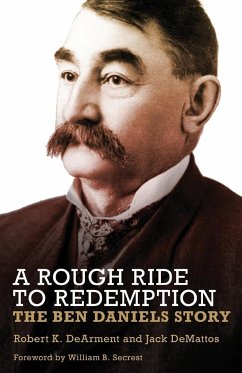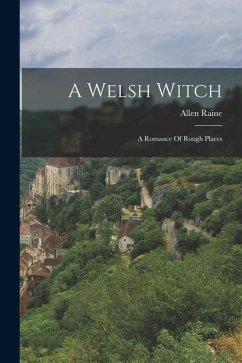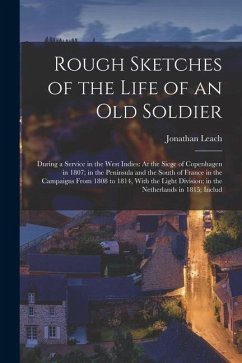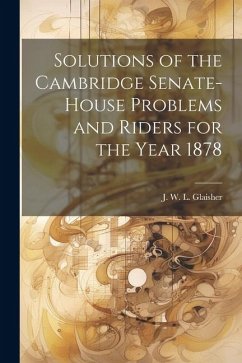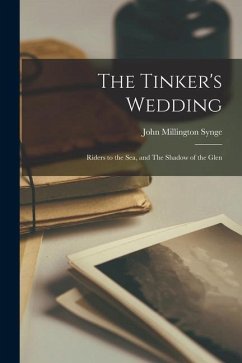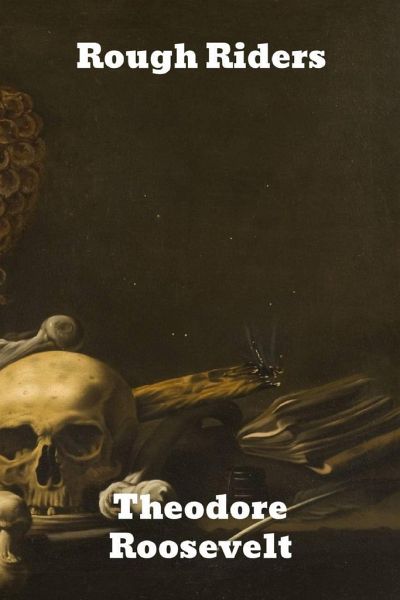
Rough Riders
Versandkostenfrei!
Versandfertig in 1-2 Wochen
14,99 €
inkl. MwSt.
Weitere Ausgaben:

PAYBACK Punkte
7 °P sammeln!
The Rough Riders was a nickname given to the 1st United States Volunteer Cavalry, one of three such regiments raised in 1898 for the Spanish-American War and the only one to see action. The United States Army was small, understaffed, and disorganized in comparison to its status during the American Civil War roughly thirty years prior. Following the sinking of the U.S.S Maine President William McKinley needed to muster a strong ground force military group swiftly, which was done so by calling upon 125,000 volunteers to assist in the war efforts. The U.S. was fighting against Spain over Spain's ...
The Rough Riders was a nickname given to the 1st United States Volunteer Cavalry, one of three such regiments raised in 1898 for the Spanish-American War and the only one to see action. The United States Army was small, understaffed, and disorganized in comparison to its status during the American Civil War roughly thirty years prior. Following the sinking of the U.S.S Maine President William McKinley needed to muster a strong ground force military group swiftly, which was done so by calling upon 125,000 volunteers to assist in the war efforts. The U.S. was fighting against Spain over Spain's colonial policies with Cuba. [1] The regiment was also called "Wood's Weary Walkers" in honor of its first commander, Colonel Leonard Wood. This nickname served to acknowledge that despite being a cavalry unit they ended up fighting on foot as infantry. Wood's second in command was former Assistant Secretary of the Navy, Theodore Roosevelt, a man who was a strong advocate in support of the Cuban War of Independence. When Colonel Wood became commander of the 2nd Cavalry Brigade, the Rough Riders then became "Roosevelt's Rough Riders." That term was familiar in 1898, from Buffalo Bill who called his famous western show "Buffalo Bill's Wild West and Congress of Rough Riders of the World." The original plan for this unit called for filling it with men from the Indian Territory, New Mexico, Arizona, and Oklahoma. However, once Roosevelt joined the group, it quickly became the place for a mix of troops ranging from Ivy League athletes, to glee club singers, to Texas Rangers, and Native Americans. Although the group was diverse, they were very skilled horsemen and fighters. The Rough Riders are best remembered for their charge up San Juan Hill on July 1, 1898. Roosevelt and his Rough Riders were a colorful group of characters. During the war, they received the most publicity of any unit in the army. A few days after the Rough Riders' charge up San Juan Hill, the Spanish fleet fled Cuba. It was just a matter of weeks before the war had ended and the U.S. was victorious. They also made headlines for their role in the battle back in the states, which became stuff of legend thanks to Roosevelt's writing ability and reenactments filmed long after.






